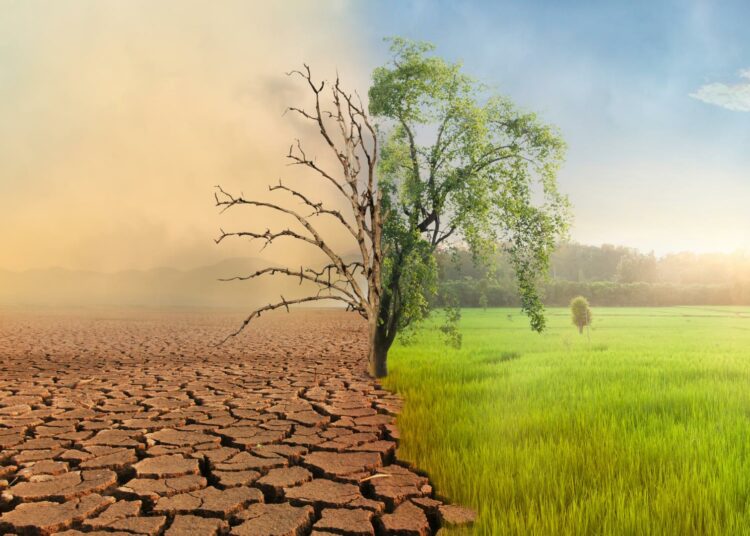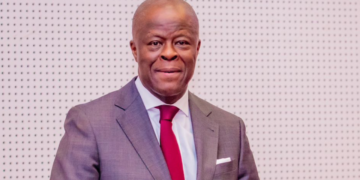Stakeholders in Disaster Risks Reduction and climate change have urged collaborative efforts to tackle the challenges posed by climate change and other natural disasters.
At a technical workshop on disaster risk reduction monitoring and reporting framework for stakeholders in Nigeria, the Director-General of the National Emergency Management Agency (NEMA), Mustapha Ahmed, stressed the importance of maintaining momentum in monitoring and reporting disaster risk management activities based on the UN Sendai Framework Monitor.
“Our goal is to become the leading country in the West Africa sub-region and Africa as a whole. Achieving this will put Nigeria at the forefront of disaster-resilient development,” he said.
He added, “Our responsibility as drivers of Disaster Risk Reduction and the Sendai Framework is both profound and urgent. As we engage in the technical sessions of this workshop, the lives and livelihoods of Nigerians rely on our ability to translate knowledge into action. Our collective efforts are crucial in reducing the impact of disasters, protecting vulnerable communities, and promoting risk-informed sustainable development.
“It is crucial that our monitoring and reporting mechanism is inclusive, adhering to the principle of ‘leaving no one behind.’ Recognizing the diverse needs and vulnerabilities of our people and communities is essential for the overall stability and sustainability of Nigeria.”
Also speaking, the Director-General and Chief Executive Officer of the Nigerian Meteorological Agency (NiMet), Professor Charles Anosike, called for collaboration among relevant agencies for disaster risk reduction and climate change adaptation.
Professor Anosike said, “Disasters pose significant challenges to our nation, and enhanced coordination between disaster risk reduction and climate change adaptation is necessary for better understanding and communication of cost-benefit analysis. Through partnerships and collaboration, we can strengthen Nigeria’s resilience and effectively mitigate disaster impacts.”
He noted NiMet’s crucial role in providing accurate weather information, forecasting, and climate services, saying, “Utilising the Sendai Framework Monitor allows us to develop data-driven strategies for informed decision-making, more resilient communities, and sustainable development.”





